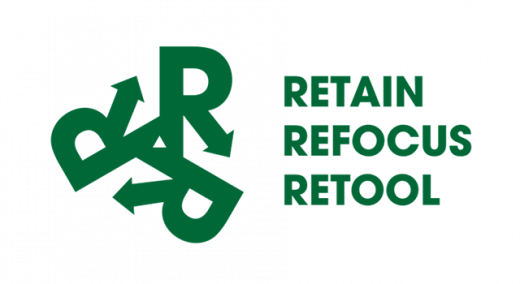Have you noticed gas prices going up? Is your company having a hard time finding new employees? Are you paying more (and waiting longer) for parts? The experts say inflation may be upon us. If it isn’t yet, it soon will be, given all the funny money the federal government has pumped into the economy. What then?
|
ADVERTISEMENT |
What then will be a new experience for most of us. I’m old enough to remember the stagflation of the 1970s, though I wasn’t yet in the workforce. Many of today’s businesspeople have never lived through inflationary times. We’ve had our challenges, from the dot-com bust to the economic shock of 9/11 to the Great Recession, but we haven’t seen clerks at Best Buy sticking one price tag on top of another before a television or refrigerator makes its way from the back of the store to the checkout line.
When the price of everything from supplies to salaries begins to shoot up, the old adage, “Waste not, want not” will make a quick comeback. We’re all going to quickly turn our attention to ameliorating potentially crippling effects.
…

Add new comment